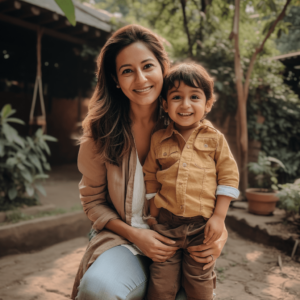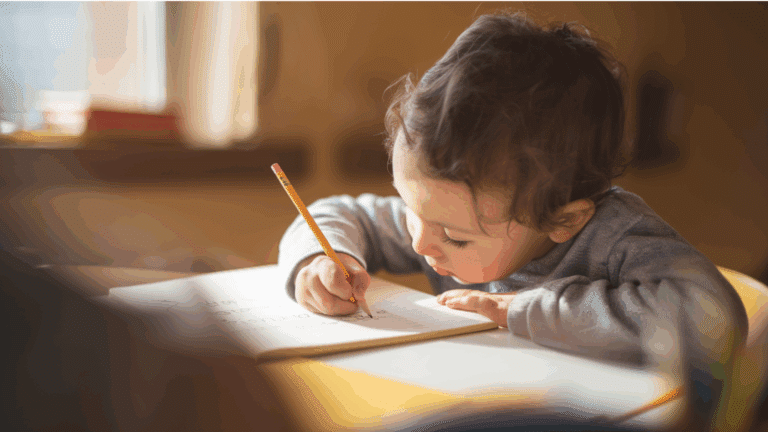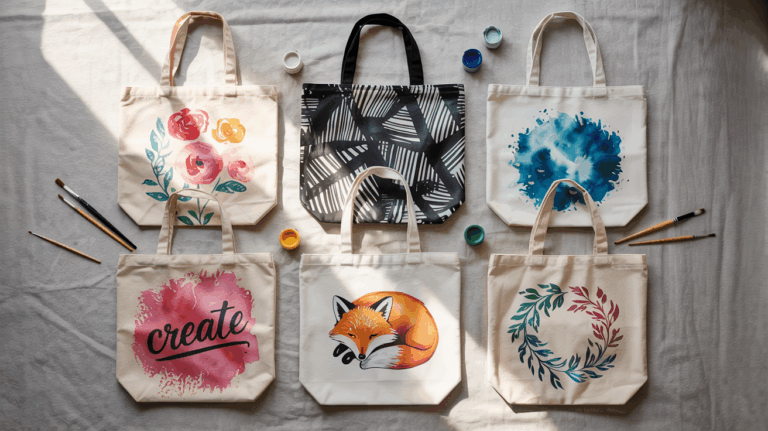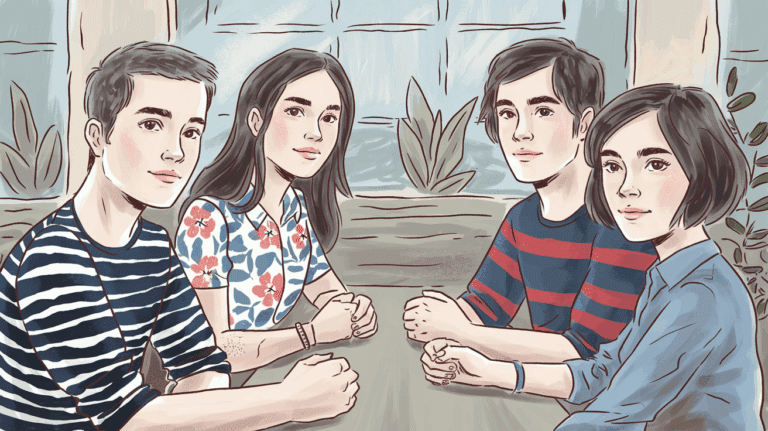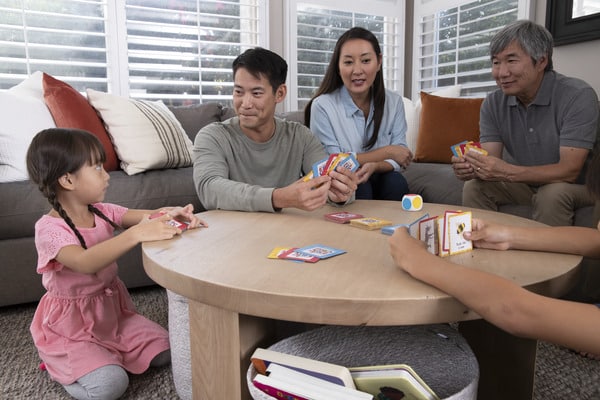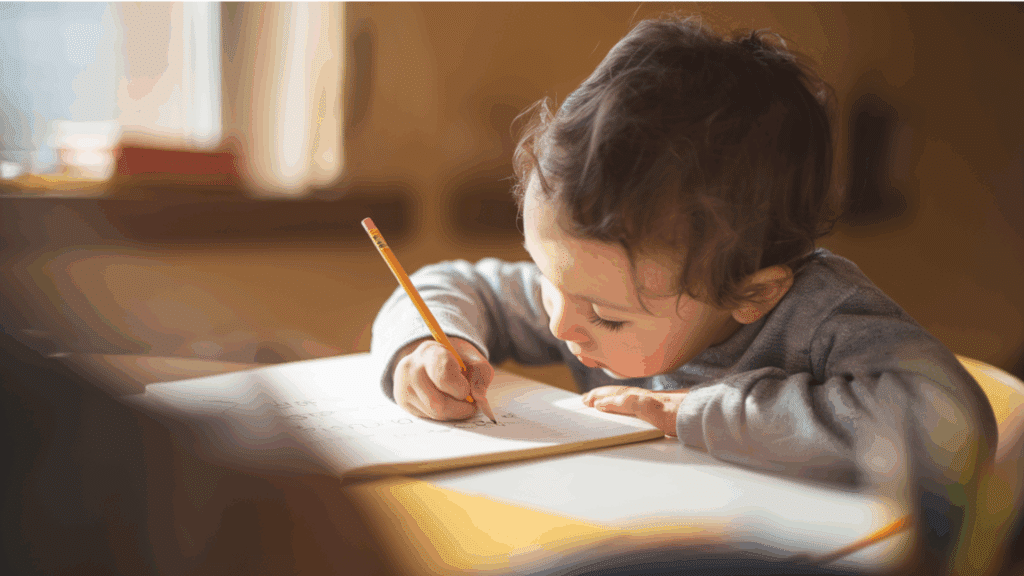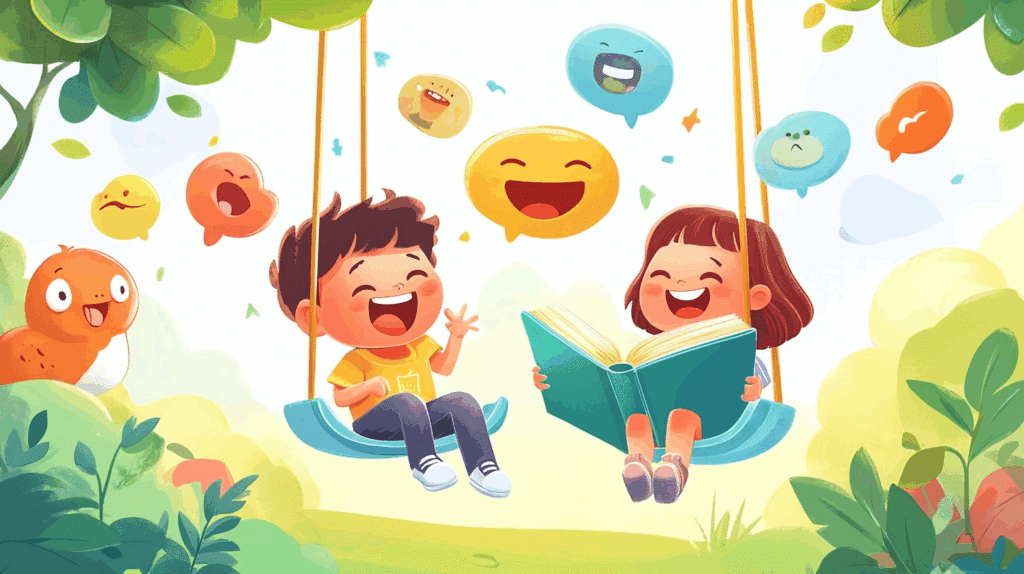Giving children memorable experiences is far more valuable than giving them more stuff. Toys break, clothes go out of style, and gadgets become outdated, but the moments spent traveling together stay with them for a lifetime. Experiences create stories, laughter, and personal growth in ways that material things never can. Parents who focus on travel over physical gifts help their children build confidence, adaptability, and a love for exploration.
Moving beyond the usual routine and stepping into new surroundings is exciting for both kids and parents. However, choosing the right destination matters in giving kids exceptional experiences, like Myrtle Beach. Families visiting Myrtle Beach get to enjoy warm ocean waves, fun attractions, and outdoor adventures.
Whether it’s splashing in the water, exploring boardwalks, or discovering local culture, the best part is the time spent together. This way, you’ll shape a child’s outlook on the world and make for stories they’ll share for years.
Teaching Kids the Value of Exploration and Curiosity
A child’s world expands when they travel. Seeing new places, tasting different foods, and meeting people from other backgrounds helps kids understand that there’s more to life than their everyday surroundings.
Travel naturally sparks curiosity, encouraging them to ask questions and take in the world with wide-eyed excitement. It also builds adaptability, showing them how to handle new situations and experiences without hesitation.
Even small changes, whether trying a new activity or learning a few words in another language, help children develop confidence and an interest in the world. Instead of relying on screens or routine entertainment, they become more engaged with their surroundings. Every trip, whether near or far, adds to their sense of adventure and encourages them to keep learning.
Creating Lasting Memories with Unique Attractions
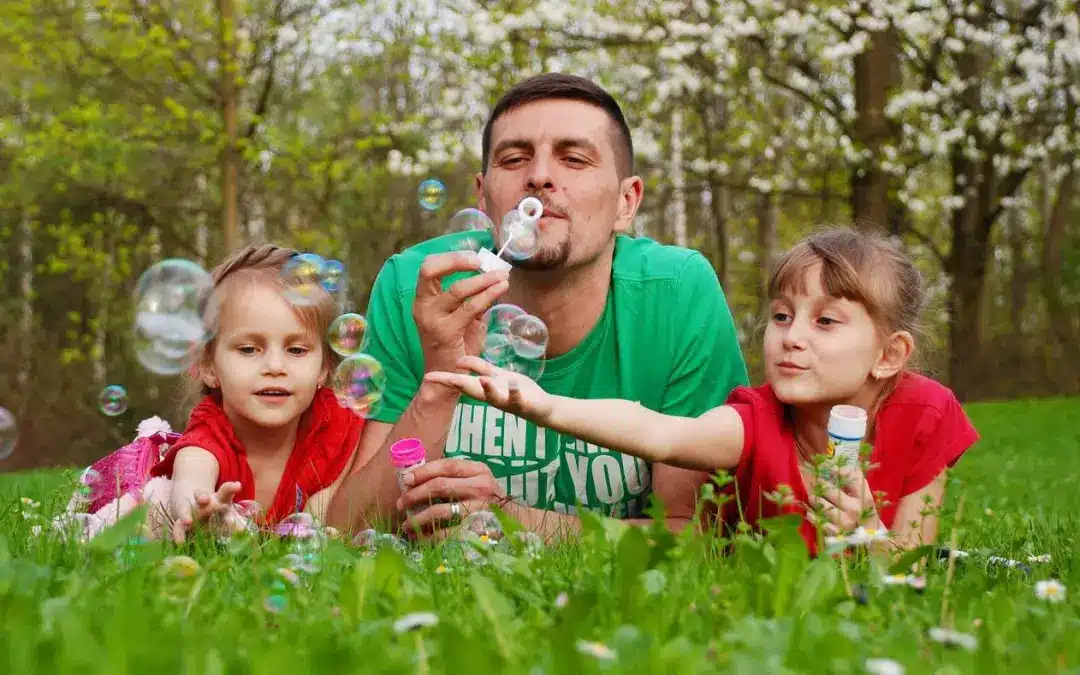
On family trips, parents want to make memories that last. While a toy might keep a child entertained for a few weeks, an unforgettable experience stays in their mind forever. Whether it’s their first time seeing the ocean, going on a rollercoaster, or watching a live show, these moments create joy that doesn’t fade with time. Shared experiences strengthen family bonds and give kids stories they’ll carry ahead in life.
One way to make a trip extra special is through interactive activities. Attending Myrtle Beach shows is a great example of this, offering entertainment that the whole family can enjoy together.
Pirates Voyage Dinner & Show delivers an exciting mix of action, storytelling, and delicious food – everything a family wants on a trip. Featuring an action-packed pirate adventure and a feast fit for a crew, this show delivers an unforgettable experience that keeps kids talking about it long after the trip.
Encouraging Kids to Step Outside Their Comfort Zone
Children thrive when they’re given the chance to try new things. Travel pushes them outside their habits and introduces them to exciting challenges. Whether it’s tasting an unfamiliar dish, ziplining through the trees, or snorkeling for the first time, such experiences teach kids that stepping outside their comfort zone can be rewarding.
Confidence grows when children accomplish something new. Trying an activity they were initially unsure about can turn into a favorite memory. Travel presents opportunities for small but meaningful victories, like ordering food in a different language or going on a guided tour without knowing what to expect.
Parents who encourage these moments help their children develop courage, independence, and a lifelong willingness to explore.
Helping Kids Develop Social and Communication Skills
Travel naturally puts kids in situations where they have to interact with new people. Whether it’s ordering food at a restaurant, asking for directions, or making friends at a playground, these little moments help build their confidence. Instead of only talking to familiar faces, they learn how to communicate with different kinds of people.
Such experiences also teach kids patience and respect. They see how people from different backgrounds interact, and they get used to hearing new languages, accents, and customs.
Simple things, like greeting a hotel staff member or chatting with a tour guide, make them more comfortable in social settings. Travel gives children real-world practice in communication, which helps them develop skills they’ll use for a lifetime.
Encouraging a Sense of Gratitude and Appreciation
Seeing different places opens a child’s eyes to new ways of living. They might notice how other families live in smaller homes, eat different foods, or have fewer material possessions. Moments like these help kids appreciate what they have while also understanding that happiness isn’t about having more things—it’s about enjoying meaningful experiences.
Gratitude grows when kids realize how much effort goes into travel. They see parents planning, budgeting, and organizing trips, and they begin to understand that experiences require time and effort. Rather than taking things for granted, they learn to value family time and the opportunities they’re given. Travel teaches them that joy comes from adventure, not from collecting more stuff.
Promoting Active and Engaging Lifestyles
A family trip usually involves a lot of movement, which is great for kids. Whether it’s walking through a theme park, swimming in the ocean, or hiking to a scenic view, travel encourages physical activity. Unlike staying at home, where screen time can take over, vacations naturally get kids moving.
Being active doesn’t have to feel like exercise when it’s part of an adventure. Kids are more likely to enjoy physical activity when it’s tied to an exciting experience. Instead of sitting indoors, they’re out exploring new places, climbing rocks, or running along the beach. This active lifestyle carries over even after the trip ends, inspiring them to stay curious and engaged in everyday life.
Teaching Adaptability and Problem-Solving Skills
Travel doesn’t always go as planned. Flights get delayed, weather changes and schedules sometimes shift. These moments, while frustrating for parents, can actually teach kids a lot. They learn how to adjust, be patient, and find solutions instead of getting upset when things don’t go their way.
Problem-solving skills develop naturally when kids experience new environments. Navigating an airport, figuring out how to use public transportation, or helping find the right hotel room number makes them more independent. Travel teaches them that things won’t always go perfectly, but they can still enjoy the experience by adapting and staying positive.
Choosing experiences over material things gives kids something far more valuable than any toy or gadget. Travel fills their minds with exciting stories, teaches them life skills, and strengthens family connections. It helps them grow into confident, adaptable individuals who appreciate the world beyond their everyday routine.
Parents who prioritize travel are giving their children lifelong benefits. Whether it’s learning new cultures, building social skills, or developing a sense of gratitude, these experiences shape who they become. While material things fade over time, the memories made through travel last forever.


